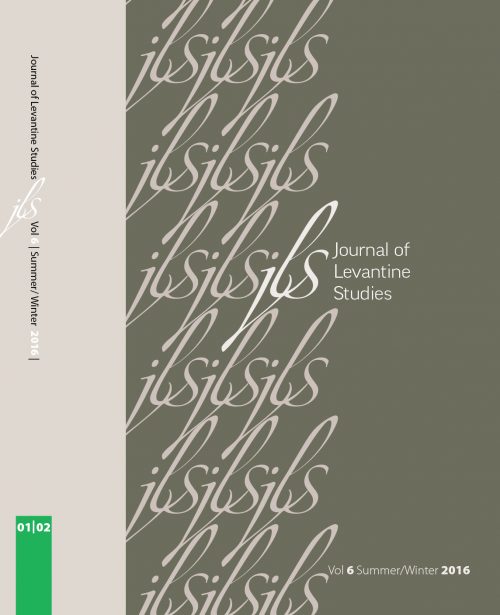-
Read moreQuick view
“Anticonverso” Trends among Converted Jews in Seventeenth-Century Europe
Free!In the second half of the sixteenth century, and especially during the seventeenth century, the Iberian Peninsula became a magnet for Jews who had never been conversos, or who came of age as Jews. These men, who produced anti-New Christian discourses—as can be seen in some inquisitorial trials or in great intellectual debates—are perhaps best represented by João Baptista d’Este. In some cases New Christians were the major targets of their diatribes, even when their objective was, in an essentialist plan, to reiterate the fallaciousness of the Jews and of Judaism. The pressing question, also reiterated by Old Christians, was the New Christians’ supposed duplicity, often equated with iniquity, from which the new catechumens wished to distance themselves. The proof of the “falsity and ambiguity” of the conversos resorted to examples that were sometimes manufactured from their everyday life and from a “failed” plan to integrate another minority, the Moriscos, though their resounding expulsion became an equally ideal destiny to apply to the New Christians.
Read moreQuick view
- Home
- About JLS
- Issues
- Vol. 9 No. 1 | Summer 2019
- Vol 8 No 2 Winter 2018
- Vol. 8, No. 1: Summer 2018
- Vol. 7, No. 2: Winter 2017
- Vol. 7, 1: Summer 2017
- Vol. 6, Summer/Winter 2016
- Vol. 5, No. 2 Winter 2015
- Vol. 5, No. 1 Summer 2015
- Vol. 4, No. 2 Winter 2014
- Vol. 4, No. 1 Summer 2014
- Vol. 3, No. 2 Winter 2013
- Vol. 3, No. 1 Summer 2013
- Vol. 2, No. 2 Winter 2012
- Vol. 2, No. 1 Summer 2012
- Vol. 1, No. 2 Winter 2011
- Vol. 1, No. 1 Summer 2011
- Blog
- dock-uments
- Subscribe
- Submit
- Contact


